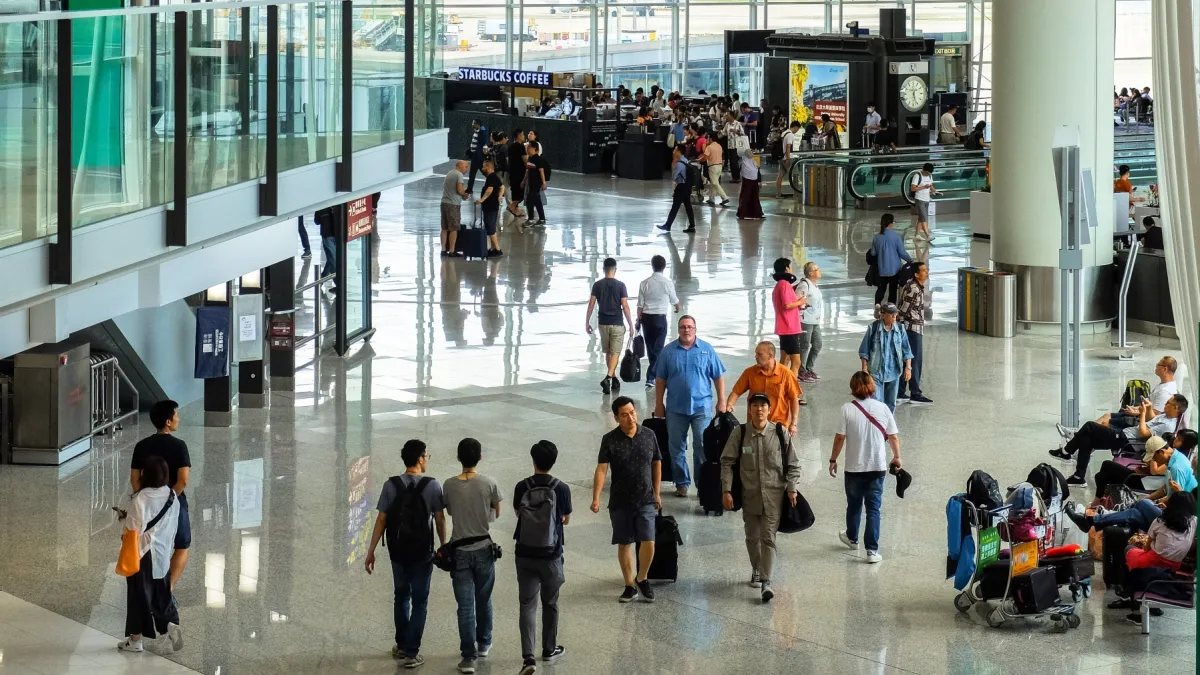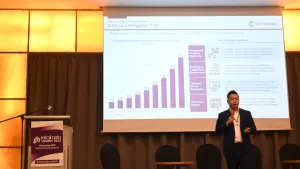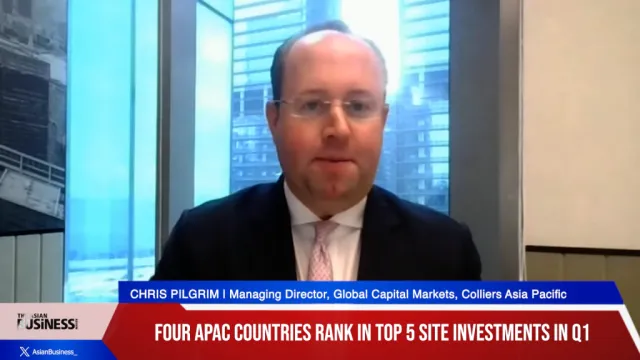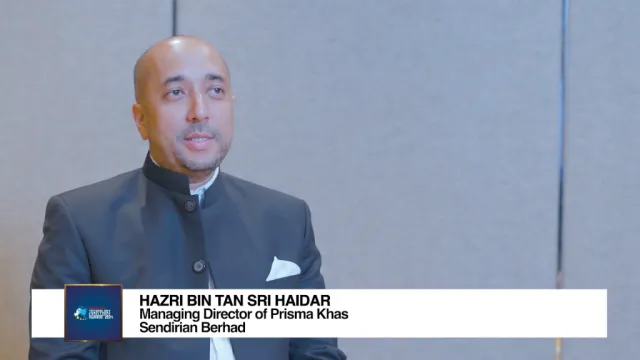
Budget 2024: 3 tax strategies to offset BEPS 2.0 effects
Should the directive be implemented, selected MNEs will be subject to a global minimum tax of 15%.
Since the Organisation for Economic Co-operation and Development (OECD) laid out the Inclusive Framework on Base Erosion Profit Shifting (BEPS), countries have been watchful of its evolving nature under a two-pillar approach that stays coherent to international tax rules.
As early as 2017, Singapore had implemented all of the four internationally-agreed standards under the BEPS project. The next plan is to roll out the BEPS 2.0 rules for business financial years by 1 January 2025 or after, according to the Ministry of Finance.
Amendments to the Income Tax Act are already set in motion to adhere to the framework’s aim to update the rules in addressing tax avoidance and enhancing how profits are divided and where taxes are paid, especially in the digital age.
Eyes are now on the budget coming up soon if earlier plans on the BEPS Pillar 2 timeline can be pursued. The Singapore Business Review discussed with KPMG in Singapore’s Harvey Koenig and Yong Jiahao strategies for Singapore to stay competitive post-implementation of the 15% global minimum tax directive for MNEs with revenues above €750m ($1.1b) under the framework.
Koenig, Partner, Telecommunications, Media & Technology, Tax, and Yong Jiahao, also a Partner, IGH & Manufacturing, Tax, shared three strategies that can counterbalance the effects of the BEPS Pillar 2 which is expected to affect at least 1,800 MNEs in Singapore.
Qualified Refundable Tax Credits Scheme
One way for Singapore to offset the effects of the tax directive is to introduce a Qualified Refundable Tax Credits (QRTC) scheme.
According to Koenig, the QRTC can be used to incentivise research and development (R&D) and sustainability activities.
“Other countries have already started to introduce [the QRTC] into their own regimes. With many countries looking to introduce the QRTC, it may be imperative for Singapore to introduce it sooner rather than later to maintain its competitiveness,” Koenig said.
The concept of the QRTC can also be extended in the form of production tax credits, said the expert.
“In the US, this production tax credit had been introduced to support the production of renewable energy, and even for energy products, such as solar panels. This can be an effective replacement for tax incentives that Singapore has been offering to companies in the manufacturing sector,” said Koenig.
Renewal of various fund tax incentives
Yong, for his part, suggested that the government consider renewing various fund tax incentives “without an increase in the economic conditions that are tied to them.”
“In a rapidly evolving fund landscape where there is competition from various financial centres in the region, any tightening of the qualifying conditions in terms of the fund incentive could hamper potential growth of the Singapore asset and wealth management industry,” Yong said.
Enhance current tax rules
Another initiative the government can look at to boost the country’s business environment is enhancing its current tax rules.
“We currently have an exemption in the income tax on gains derived in respect of disposal of ordinary shares; however, there’s a condition in that the seller must own at least 20% shareholding,” Yong shared.
“We would like to propose the government to consider reducing this 20% shareholding threshold to only 5% which would then put Singapore in line with the participation exemption rules in various other countries. Hopefully, this can potentially then lead to an increase in investment holding activities in Singapore, even in the post BEPS era,” Yong added.
Notwithstanding the introduction of the global minimum tax of 15%, Koenig said Singapore remains an attractive investment location.
“Singapore’s attractiveness does not just lie in its tax incentives. Its 17% corporate tax rate is still lower than many other countries in the world. Singapore also has many other things going for it, like its strategic geographic location, its English-speaking workforce and strong IP protection rule,” Koenig said.
He reiterated that whilst Singapore has a lot of things to boast about, it needs to ensure that its regime continues to be attractive.
“It needs to rebalance its incentives, which may include offering cash incentives, loans, and continuing to invest in R&D to attract knowledge industries,” he said.
The government will unveil its 2024 budget on 16 February at 3:30 p.m. To get live updates on the budget announcement, click HERE.











 Advertise
Advertise












